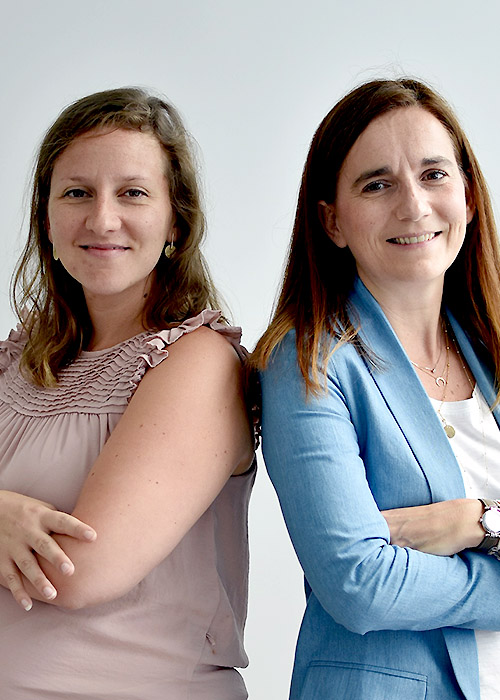Can you describe your typical day?
Alexandra: “The Project Manager’s job is made up of dialogue and interaction. The project team is always made up of a variety of profiles and experiences, and the work is rich in encounters and learning. This job requires a lot of autonomy and initiative. You can work on totally different projects and therefore acquire a wide range of technical knowledge. You meet many people both in-house and externally, with a lot of visibility.”
Karine: “There is no typical day. That is what makes the job of project manager attractive, in particular for people who like change and novelty. The weeks are punctuated by meetings to discuss with the business line and the IT teams, project committees, to monitor the progress of work, from the drafting of the statement of requirements to its implementation.”
What career path is required to reach your position and what are the possibilities for development?
There are many different types of Project Manager profiles: people with IT backgrounds, project management positions or from finance like us. Production experience or “hands-on” experience is an asset for the job of Project Manager, because you arrive with excellent knowledge of business processes and issues, which enables you to better understand the challenges and constraints of the different parties. This job requires technical skills in Finance or Risk Management, an aptitude for management systems or project management skills. Coordination skills are also important because a project manager organises and coordinates a project until its implementation. You must therefore be organised, committed and responsive.
There are many opportunities for career development, given that our missions are so cross-functional and varied. The latest mobilities have proven that we can legitimately return or transfer to operational or even management functions. We can progress within the function itself: moving towards bigger projects, with broader responsibilities and larger teams to manage, or on a completely different scope. We can join the IS Department, the Risk Management Department or a subsidiary to contribute our expertise and know-how.
